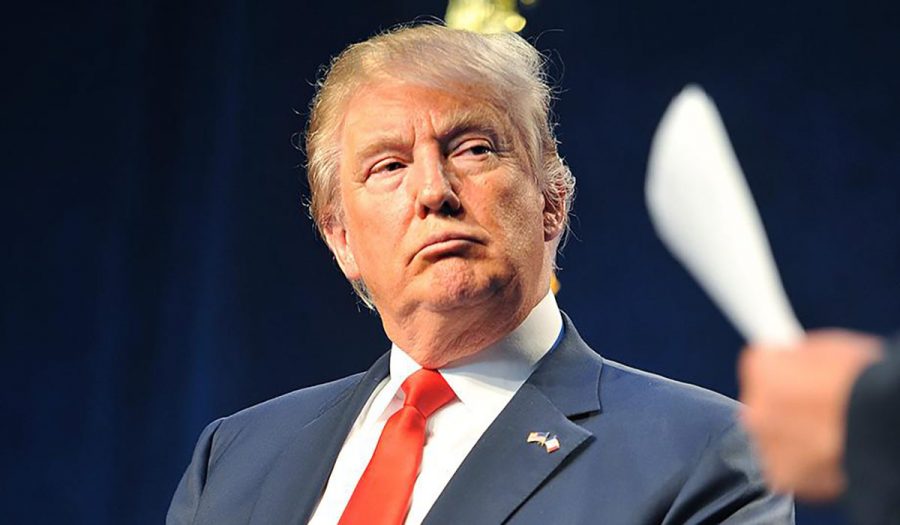Freedom of the press is fundamental for American democracy
Journalism in America has entered uncertain times, but liberty isn’t guaranteed without it
More stories from Rachyl Houterman
On Feb. 17, President Donald Trump sent out a tweet stating the media “is the enemy of the American people,” making it clear he was referring to CNN, CBS, ABC, NBC and The New York Times, whom he labeled in the tweet as “fake news.”
It isn’t uncommon for administrations to attack the media, a famous example being Richard Nixon, who told former Secretary of Defense Henry Kissinger in 1972 “The press is the enemy.” Nixon even threatened to fire his press secretary, Ron Ziegler, if he didn’t keep the press out of the White House.
But President Trump has taken his hatred beyond Nixon’s, and the truth is his threats are dangerous to the freedom of the press of the American democracy.
White House Secretary of the Press Sean Spicer recently barred reporters from The New York Times, Politico, the Los Angeles Times and others from one of his briefings in late February. It was a move celebrated by some who share an equal distrust in the media, but the question must be asked: What does this solve?
Is this a form of “discipline” in which the media will be praised and allowed to sit in on the press conferences only when they write what the Trump administration considers favorable?
This is undoubtedly dangerous to the foundations on which this country was built. The First Amendment ensures freedom of the press and freedom of speech, two ideals which are very similar. But if freedom of the press is stripped away as President Trump and some of his supporters seemingly want, where does that leave American citizens? Where is the line drawn for what can and can’t be said? More importantly, who draws the line?
An independent press is one of the major vehicles for freedom of speech, something solidified in the ruling of the John Peter Zenger case in the mid-1730s. Zenger was the printer of The New York Weekly Journal when he was arrested on allegations of seditious libel for running negative stories about the corrupt governor, William S. Crosby, in 1734. The stories were true, and jury nullification overruled the judge to allow for Zenger to go free.
The result of this case safeguarded the press’ role as the “fourth estate” or “watchdogs” of the government, and indirectly guaranteed the right to free speech in America.
If this were to be backpedaled in any way, slowly over time, the US would likely begin to resemble something strikingly similar to Russia, where internet freedom is heavily restricted and only getting tighter with the recent adoption of a censoring mechanism resembling China’s Great Firewall in late 2016.
Even the Moscow Times recently published an article depicting the bleak picture of “Russian democracy.” Censorship in the country is profound, according to the article, and citizens who speak out against their president, whether it be a blogger, a journalist or a regular internet “troll,” can find themselves the subject of prison time or violent attacks.
While the U.S. media is by no means perfect, and can be, at times, annoying, its existence is one of the building blocks for America’s most raved-about accomplishments: liberty. An independent press, much like freedom of speech, is a fundamental American value, and it gives the people a way to monitor the government, whether it likes it or not.
The U.S. will always need its watchdogs to hold government officials accountable. Any stripping away of freedom of the press would eventually morph into the disintegration of freedom of speech, something I’m sure would not sit well with any American citizen.
The media needs to figure out a way to rebuild trust with the population it lost, and the governing administration needs to accept the role of a free press before this so-called war gets worse.
As Thomas Jefferson once said, “Our liberty depends on the freedom of the press, and that cannot be limited without being lost.”


